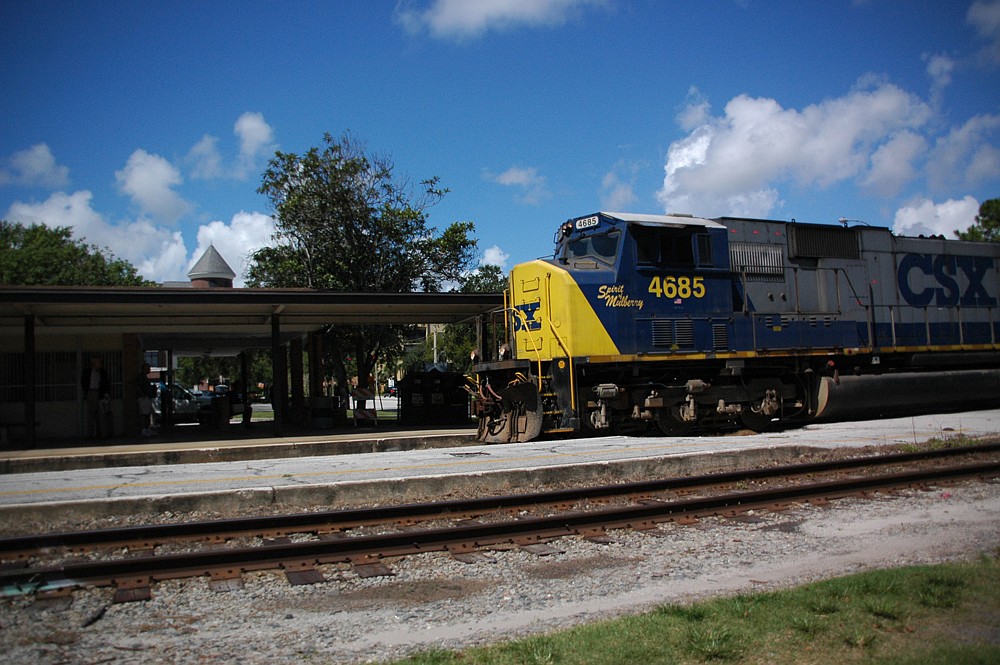- April 24, 2024
-
-
Loading

Loading

A train horn reverberated through the Winter Park City Commission chamber Monday as commissioners tried to talk over the din. The subject: how to pay to get the noise to stop.
A three-city partnership was among a handful of ideas thrown around as the Commission tried to lay the groundwork for a “quiet zone” project that would come together with the SunRail station that’s coming soon to Central Park.
Trains can’t blow their horns in quiet zones, but that requires fences and expensive railroad crossing gates that make crossing the line on foot or in a car more difficult.
“Every year you hear about cars hit by trains because they went through the gate, even when the horn’s blowing,” City Manager Randy Knight said. “This makes it safer.”
But exactly how the construction of quiet zones will be paid for, and when that will start, remains to be seen.
“What we’ve heard from Maitland and Orlando… is that the costs aren’t nearly what they thought they would be,” Mayor Ken Bradley said.
He also said he doesn’t think anybody has the money.
With that in mind, he recommended that the city continue to lobby the state and federal government for more money to build the quiet zones. But with that money in the “if” column, he had another idea: partner with Maitland and Orlando.
The two cities that bookend the rail line running through Winter Park both happen to be looking into quiet zones right now, Bradley said. If the three could join forces, they all might be able to lower costs while creating a long quiet corridor free from train horns.
“If it can be done locally with Maitland and Orlando, it seems like it could be cost advantageous,” Bradley said, adding that he thought the trio could have more clout to get outside money.
“What is $3,000,000 or $300,000 to us are not even rounds in their budget,” he said of the federal transportation budget, overseen by a House Committee chaired by U.S. Rep. John Mica of Winter Park. “I got the impression that if we worked together… we may have a shot at getting something sooner rather than later.”
Commissioner Carolyn Cooper suggested that the city could pare costs down significantly, to make the project easier to pay for.
“There are four different areas where decisions could be made by this Commission that would amazingly impact the cost,” she said, referring to intersections that the quiet zones would affect in the city. She said the city could save between $700,000 and $1 million with a few changes.